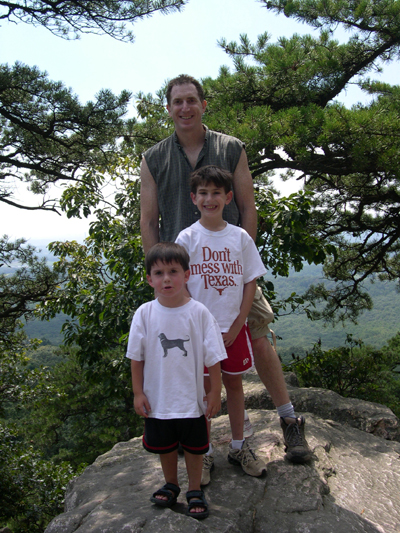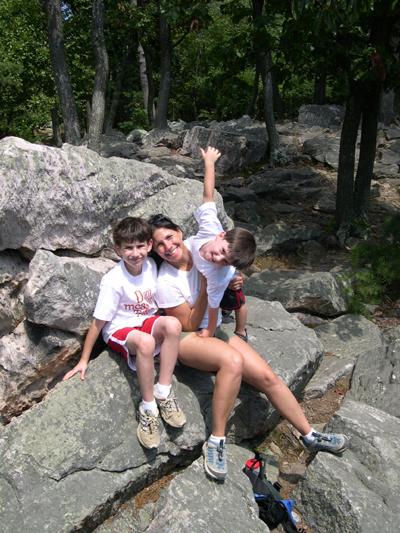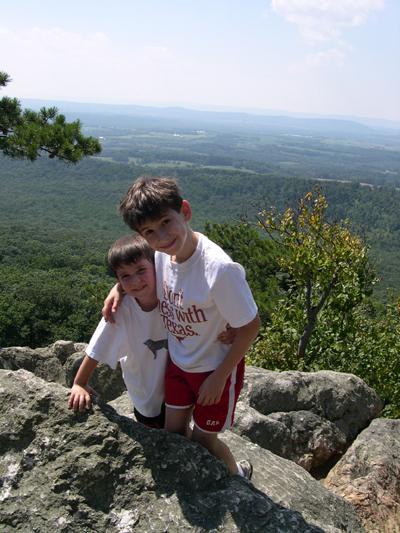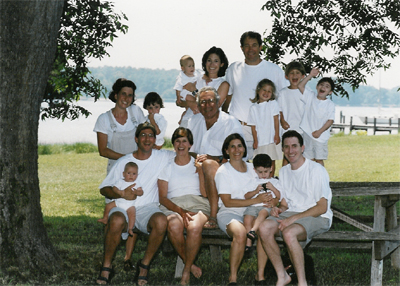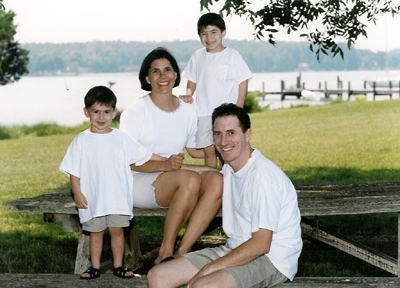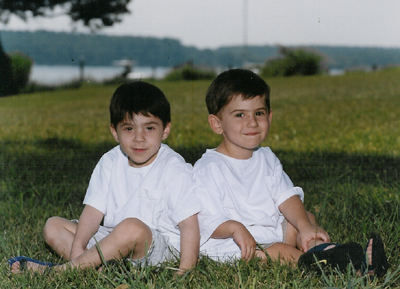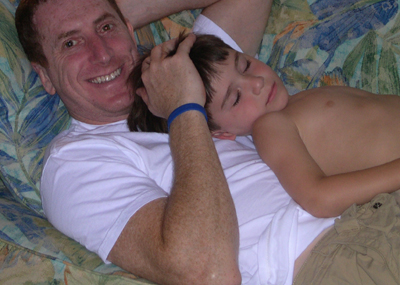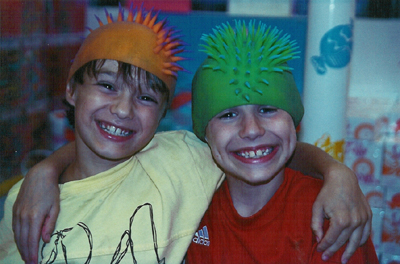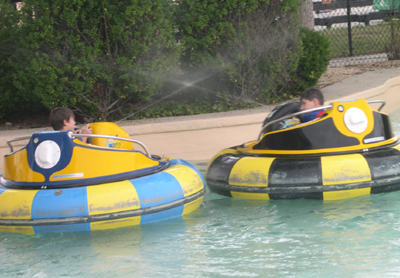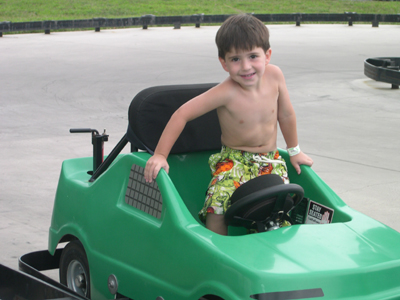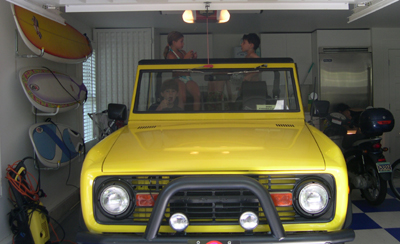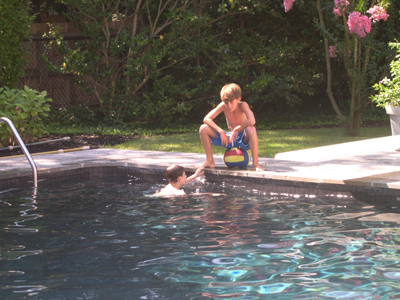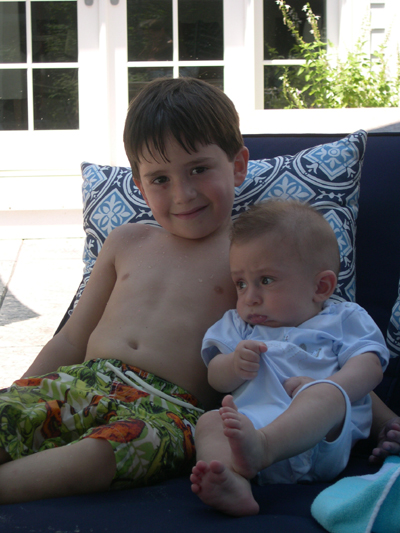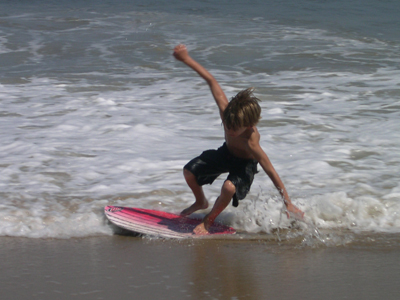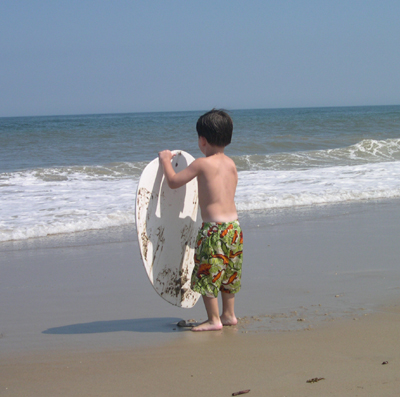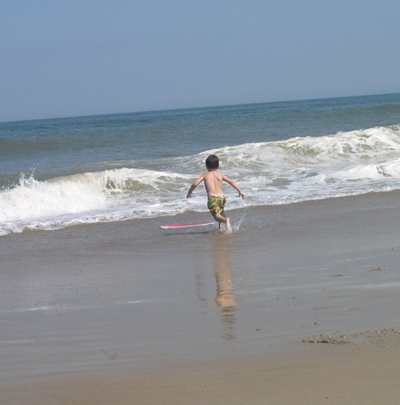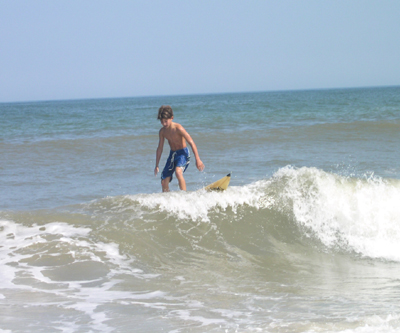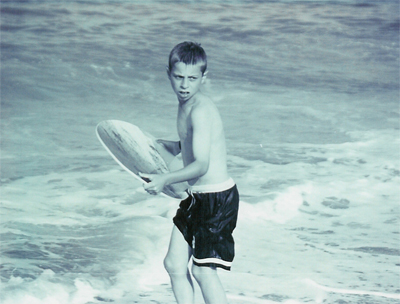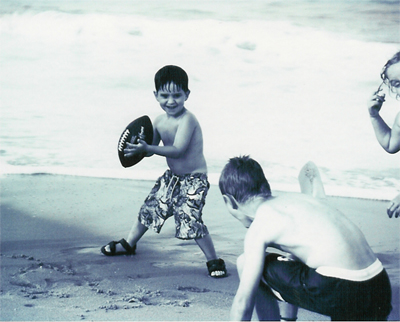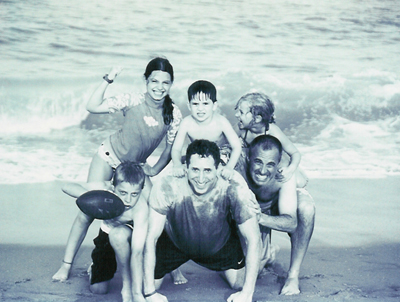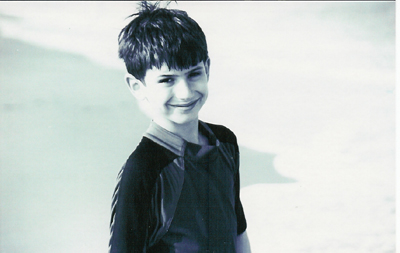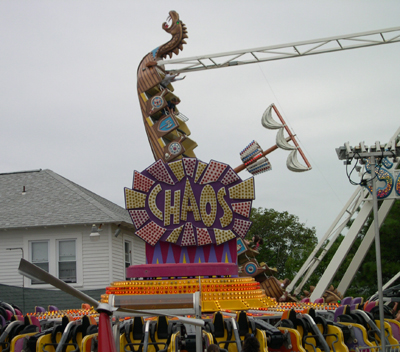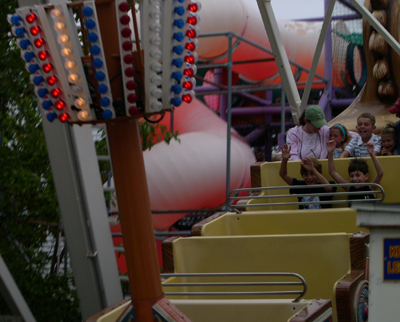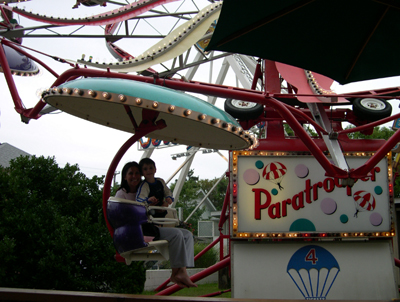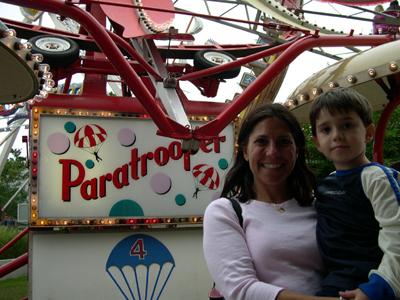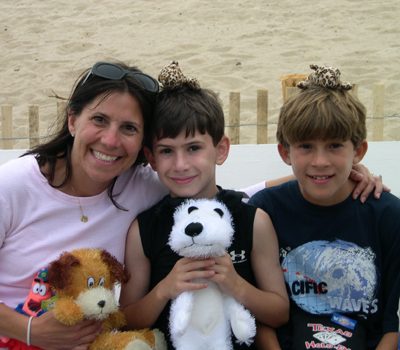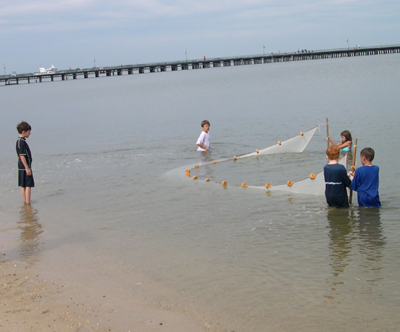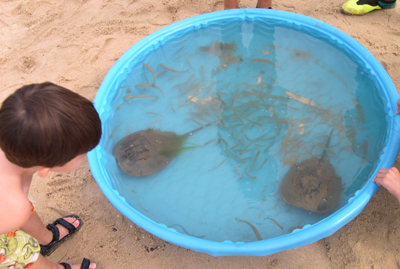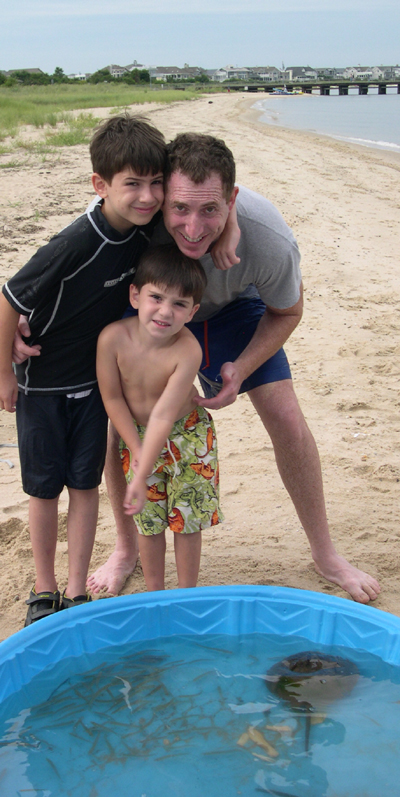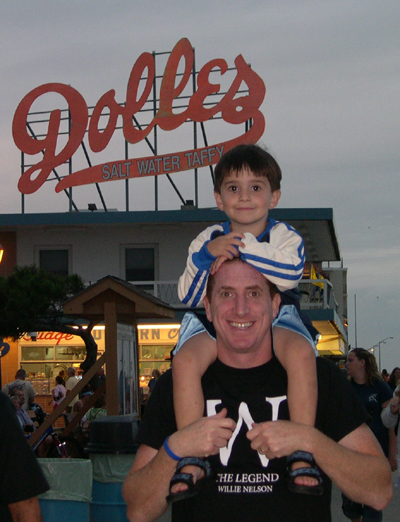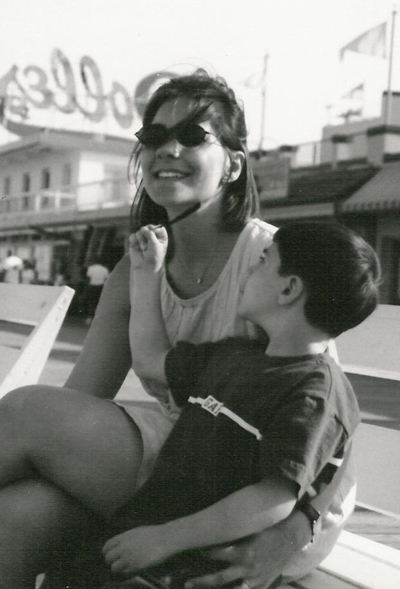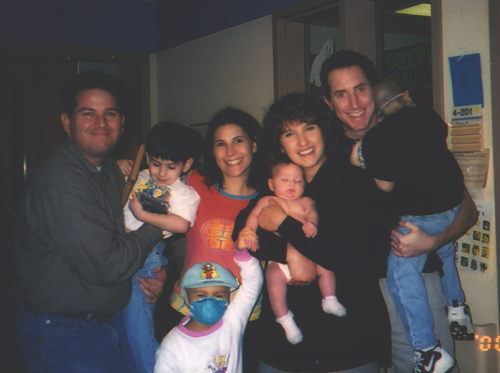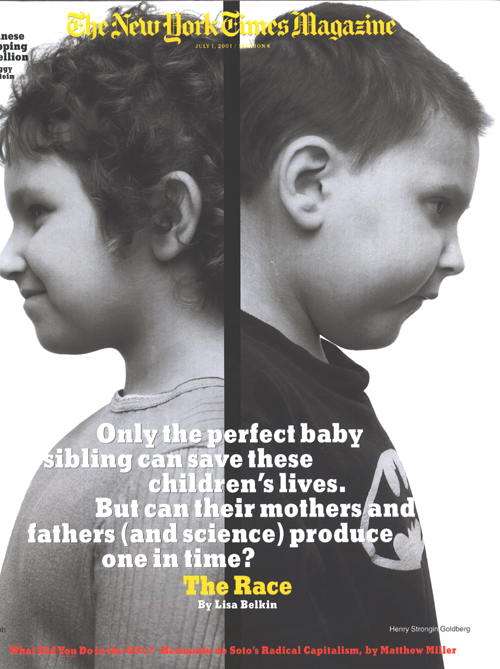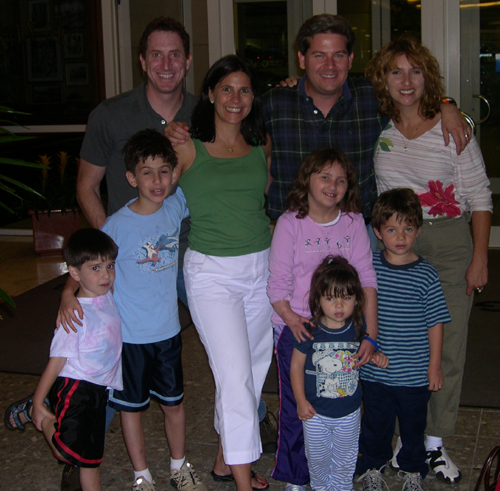
Kind of a wacky article, but your name is in it.

Fewer red blood cellsBy Jen Waters
August 16, 2005
Laurie Strongin is holding out hope for many critically ill children.
In honor of her son, Henry, who died in 2002 at age 7 of Fanconi anemia, she started the Hope for Henry Foundation, a nonprofit organization that brings laughter and smiles into the lives of children with life-threatening illnesses.
With the release of "Harry Potter and the Half-Blood Prince," Ms. Strongin, who lives in Northwest, hosted Harry Potter book parties at Georgetown University Hospital in Northwest and Hackensack University Medical Center in New Jersey.
"Henry's disease was different than some of the other anemias because it was absolutely life-threatening," Ms. Strongin says. "It was as serious as cancer."
Although the average person usually associates anemia with low iron levels, there are close to 100 different types of anemia with many causes, including serious disease, blood loss, genetic predisposition, side-effects of medication or vitamin deficiencies. Depending on the form of the disease, it can range from mild to severe.
Although there are differences in the severity of the anemias, they all lead to the same endpoint -- the number of red blood cells in the body decreases, says Dr. Sophie Lanzkron, director of the Sickle Cell Center for Adults at Johns Hopkins Hospital in Baltimore.
"If you're anemic, you shouldn't just let it go," Dr. Lanzkron says. "You can't just say, 'I've been anemic all my life.' "
Generally, anemia is caused by inadequate production or increased destruction of red blood cells, says Dr. Lawrence Lessin, medical director of the Washington Cancer Institute at Washington Hospital Center in Northwest.
In patients with deficient amounts of iron, vitamin B12 or folic acid, red blood cell formation usually is impaired, he says.
Red blood cell forma tion also can be sup pressed by cancers, in fection, inflammatory diseases, chemical radia tion, medication, and viruses, such as HIV, hepatitis and cytomegalovirus.
Fanconi anemia, an inherited anemia, involves the failure of bone marrow to produce all types of blood cells. Many children with the disease have bone marrow transplants.
Increased red blood cell destruction, which generally is not improved by additional iron supplementation and can possibly make it worse, can be seen in association with sickle cell disease, Cooley's anemia, spherocytosis, hypersplenism and parasites, such as malaria.
"It's an extremely complicated issue, but a very common problem," Dr. Lessin says. "Each time you find a case it leads you to look further to the true root cause."
By American standards, more than half the people in the world are anemic, Dr. Lessin says. People in Third World countries especially suffer from iron loss or uncompensated blood loss, for reasons such as giving birth or parasites.
However, in the United States, at least 25 percent of people entering the hospital are anemic, and physicians must treat the underlying disease to relieve the anemia, Dr. Lessin says. Diagnosis is made through a simple blood test.
Sickle cell disease is a severe form of anemia that is commonly inherited by people of African descent, says William P. Winter, deputy director of the Howard University Center for Sickle Cell Disease in Northwest. He holds a doctorate in biochemical genetics.
Since the sickle cell gene originated in Africa, it is believed that the condition is the body's way of adapting in order to survive malaria, he says.
A person who has one normal gene and one sickle cell gene has the sickle trait. If the person's spouse also carried the trait, the couple's children could inherit the disease.
The disease involves an abnormal structure of the hemoglobin, which is the oxygen-carrying protein that makes blood red, Mr. Winter says. In the process of delivering oxygen to the tissues, the red blood cells change shape, becoming long and thin, he says. Since they are abnormal, they are destroyed in the liver, causing anemia.
"If a cell is old and feeble and not doing its job, it gets destroyed," Mr. Winter says. "That's normal life. In sickle cell, they are being broken down much faster than the body can replace them."
Most anemias cause people to be tired and unable to perform physical tasks, which affects the person's quality of life, he says.
Curing sickle cell disease is like trying to "cure" someone of their eye color, Mr. Winter says. With a genetic disease, most doctors focus on sustaining the patient's life.
Blood transfusions often help, as long as the patient doesn't become allergic to the transfused blood, Mr. Winter says. In cases of stroke, damaged liver or acute chest syndrome, blood transfusions are particularly important. Also, the drug Hydroxyurea can help prevent episodes of pain associated with sickle cell disease.
In some cases of sickle cell disease, a bone marrow transplant can be extremely effective when it's accepted by the body, he says. A bone marrow transplant allows the body to make a new set of red blood cells.
"The body could reject the bone marrow," Mr. Winter says. "It all has to do with having a perfect donor."
Blood transfusions are almost always necessary when treating Cooley's anemia, also known as thalassemia major, says Dr. Vasili Berdoukas, honorary pediatrician at the Sydney Children's Hospital in Australia. He is a leading authority in clinical care and research in thalassemia. He currently lives in Northwest.
The inherited condition usually affects people of Mediterranean, Northern African, Middle Eastern and Asian heritage. Similar to sickle cell disease, the adaptation of the cells in the carrier state, known as thalassemia minor, is thought to protect a child against dying from malaria.
Through the blood transfusions, people with Cooley's anemia acquire more iron than they need, he says. Therefore, patients also need treatment to remove iron. Otherwise, it could cause organ damage, especially to the heart.
"Because iron is scarce, bodies are made to conserve iron," Dr. Berdoukas says. "We keep it and have no mechanism for getting rid of it."
In order to remove iron, Pranav Saha, 25, of Odenton, Md., sleeps with a needle in his stomach that is attached to a pump delivering the medication Desferal. Patients are waiting for a drug that can be taken by mouth to remove the iron.
"A lot of times, thalassemia can be mistaken for regular iron deficiency," Mr. Saha says. "Giving iron is exactly the opposite of what you should be doing. You can't assume that someone has an iron deficiency."
Copyright © 2005 News World Communications, Inc. All rights reserved.


